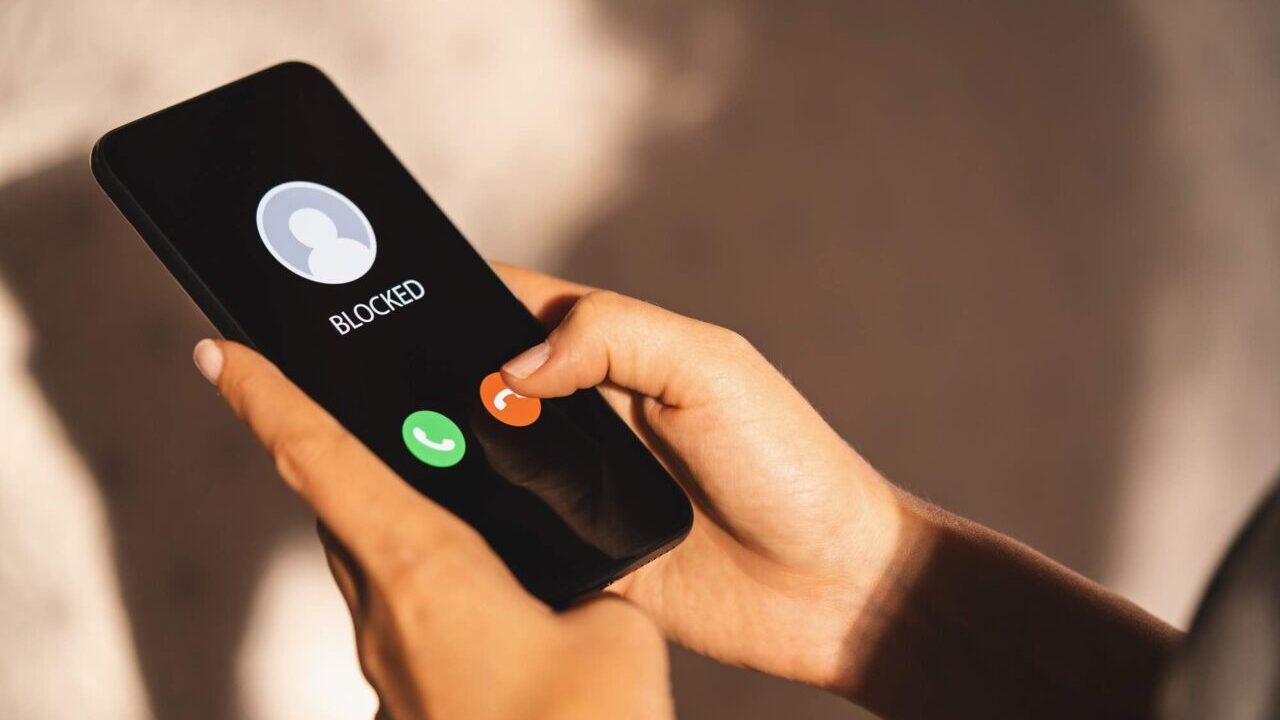The phone rings but as soon as you answer someone on the other end hangs up? You are probably a victim of you know, also known as the ring scam (or missed call scam). It is a simple ploy, and for this reason extremely sneaky and dangerous, with which cybercriminals are stealing money from their victims.
To understand more, we asked the experts for an opinion Panda Securitywho explained to us how the scam works and how to avoid ending up with zero phone credit.
How wangiri, the call girl scam works
The term wangiri derives from the Japanese vocabulary, where the scam is believed to have originated, and means “call”. Spreading rapidly from the East all over the world, the scam consists of a call coming from a visible number (usually foreign) which, when the victim answers, hangs up. Usually the victim tends to call back the number, moved by curiosity or by the fact that the call could have been important, and this is where the scam takes placea.
The caller comes automatically directed to a toll phone number able to charge even 1 or 2 euros in seconds. Panda Security explains that victims are usually called during working hours or at night, in those circumstances where they probably won’t answer, finding the missed call on their smartphone.
“The first suspicious sign – explains Panda Security – is precisely the presence of a single unanswered call, unaccompanied by other attempts”.
Interpol has detected the international prefixes from which most of the calls come. These are:
- Moldavia: +373
- Kosovo: +383
- Tunisia: +216
We remind you that private services with such high costs are illegal in Italy. Despite this, not all telephone operators are able to block outgoing calls to these numbers. So it will be up to you to avoid calling any suspicious numbers.
How to protect yourself
Panda Security explains that phone calls are automated, which means that a bot is presumably calling you. To protect yourself from the ring scam, it is advisable to:
- Check the caller’s number: Agcom provides users with a tool to check whether or not a number is registered in the Register of Communication Operators. If it is not and continues to contact us, it is advisable to enter the offending number in the list of blocked numbers in the mobile phone.
- Manually block the number on your smartphone: once the contact has been added to the phone’s blocked numbers list, it will no longer be able to reach the user. Unfortunately, some call centers or cybercriminals use software that can create thousands of non-existent phone numbers, from which calls automatically start. That’s why sometimes it may be useless to insert only one specific number in the blacklist of our smartphone.
- Use an app: An intermediate solution is to use apps like Truecaller. Available for both Android and iOS, the app automatically filters incoming calls. On the website of this software house it is also possible to manually search for telephone numbers and find out if they have been reported by other users in their database.
- Sign only mandatory consents: it is unlikely that by signing a contract (for example, to have a supermarket loyalty card) you end up in a cybercriminal’s database, but your data, if you give your consent to the transfer for commercial purposes or to third parties, could also end up in poorly protected lists and therefore easier for cybercriminals to force. It is important to put your signature, or a check mark, only in the boxes where consent is required for the provision of the service.
- Only accept essential cookies: it is preferable to give consent only to essential cookies and to refuse the optional ones. These can transfer the data to third-party companies.















Leave a Reply
View Comments